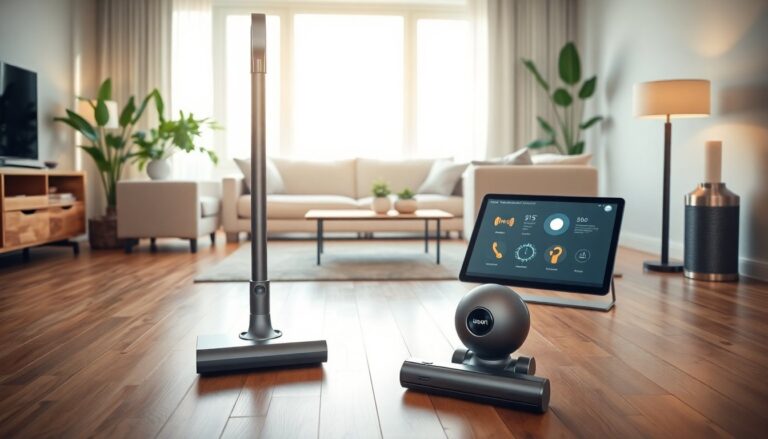Argomenti trattati
In the rapidly evolving landscape of smart homes, Dyson is positioning itself as a frontrunner with its substantial investment in artificial intelligence. Recently, the British technology powerhouse announced a remarkable $412 million investment in a new research facility located in Singapore, marking a pivotal step towards realizing a future where home automation is seamlessly integrated into daily life. At the facility’s launch event, Sir James Dyson emphasized the potential of AI to enhance every aspect of home living, declaring that nearly all household products can benefit from this technology.
The Vision Behind AI-Driven Homes
Dyson’s ambition transcends conventional Internet of Things (IoT) applications, which typically involve manual control of devices through mobile apps. Instead, Dyson envisions a world where homes intuitively adjust to individual preferences without the need for user intervention. “My dream is much rather that everything is automatic, and sets itself for you to your preference,” Dyson stated, highlighting his aspiration for a truly intelligent living environment.
The company has already begun testing innovative home lighting and fan systems that utilize advanced face and voice recognition technology. This allows the systems to detect users and adjust lighting, temperature, and airflow according to their specific needs. As Chief Operating Officer Jim Rowan noted, “It makes sense that when you get home after an evening it recognizes your face, your voice and responds to your biorhythms.” Such advancements are indicative of Dyson’s commitment to enhancing user experience through intuitive design.
Advancements in Robotics and Machine Learning
Dyson’s exploration of robotics is not a new endeavor; the company has been working on this technology for nearly two decades. The introduction of the Dyson 360 Eye robotic vacuum cleaner was just the beginning of a broader vision that aims to redefine household automation. Dyson’s goal is to create robots capable of learning and discovering new functionalities independently, representing a significant leap towards true artificial intelligence.
Currently, robots in homes require programming and guidance for every action they perform. However, Dyson is committed to developing systems that can intuitively learn from their environment, adapting to new tasks and improving their efficiency over time. This type of intelligence would revolutionize how we interact with home devices, making them not only smarter but also more user-friendly.
The Broader Implications for Smart Home Technology
The implications of Dyson’s innovations extend beyond mere convenience. As homes become more automated, the potential for improved energy efficiency, enhanced security, and personalized living environments becomes increasingly attainable. The integration of AI into home systems can lead to smarter resource management, as devices optimize their functioning based on real-time data analysis.
Moreover, as consumers become more accustomed to advanced technology, the demand for seamless integration of AI in everyday life will likely grow. Companies that can successfully navigate this terrain, like Dyson, will not only lead the market but will also shape consumer expectations for the future of home automation.
In conclusion, Dyson’s substantial investment in AI and its ambitious vision for smart homes signal a transformative shift in how we conceptualize living spaces. As the company continues to innovate and develop intelligent systems, the dream of a fully automated home, tailored to individual preferences, inches closer to reality.

